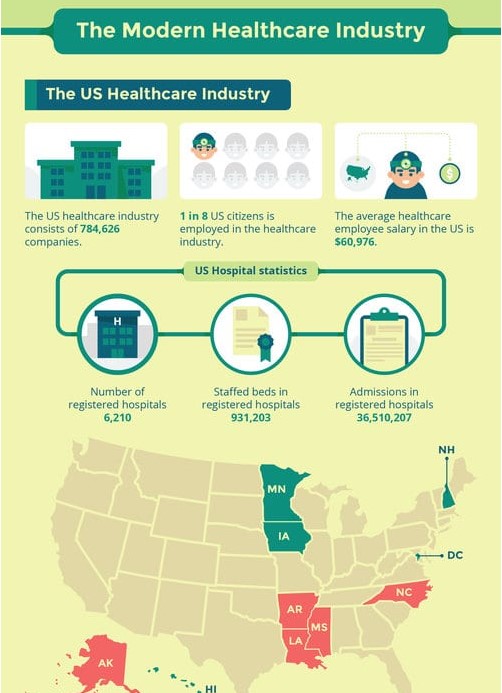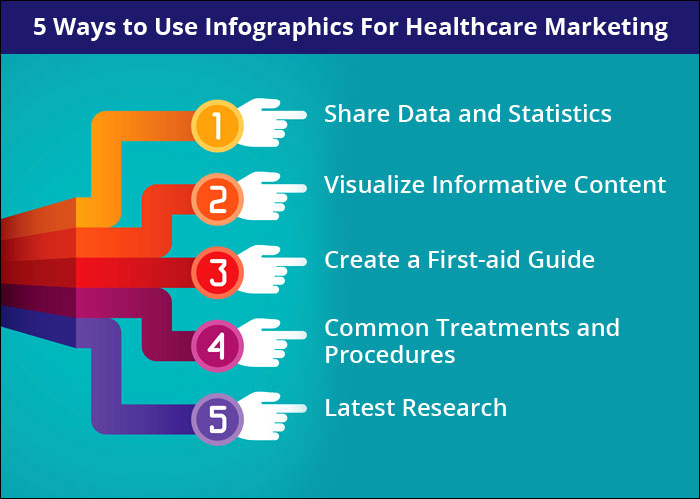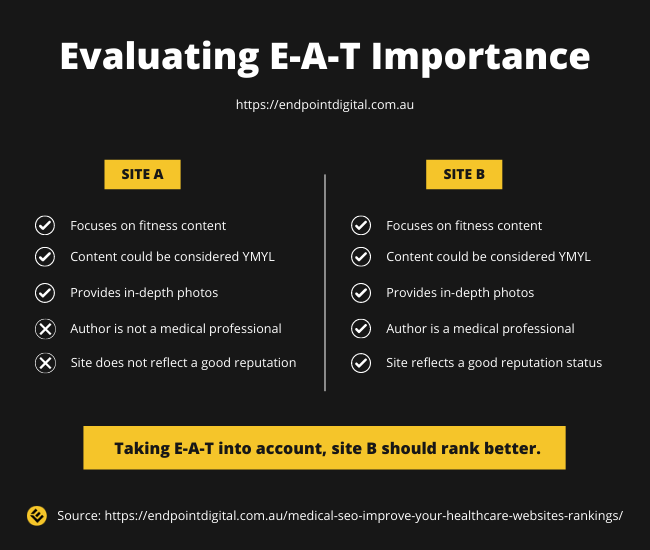Unlock the secrets to boosting your online presence and patient bookings with these essential SEO strategies for medical professionals.

Image courtesy of via DALL-E 3
Table of Contents
Introduction to SEO for Medical Professionals
In today’s digital age, having a strong online presence is crucial for medical professionals to connect with a larger audience and provide valuable information to those in need of healthcare services. This is where Search Engine Optimization (SEO) comes in. SEO is a powerful tool that helps doctors and healthcare providers improve their visibility on search engines like Google, making it easier for patients to find them online.
What is SEO?
SEO stands for Search Engine Optimization, which refers to the process of optimizing a website so that it ranks higher in search engine results pages. In simpler terms, SEO helps medical professionals ensure that their websites are easily discoverable by people who are searching for healthcare services online. By using specific techniques and strategies, doctors can attract more patients and grow their practice.
Why Do Medical Professionals Need SEO?
Medical professionals need SEO to increase their online visibility and reach a wider audience. By implementing SEO strategies, doctors can ensure that their websites appear at the top of search engine results when potential patients are looking for healthcare services. This not only helps doctors attract more patients but also establishes them as reputable and trustworthy sources of medical information.
Understanding Keywords
In the world of SEO, keywords play a crucial role in helping people find information online. Keywords are simply the words or phrases that people type into search engines like Google when they are looking for something specific. For medical professionals, using the right keywords can help patients discover their services and get the help they need.
Finding the Right Keywords
When choosing keywords for your medical services, it’s essential to think about what patients might search for. Consider terms like “family doctor near me” or “pediatrician in [your city]” that are relevant to your practice. By selecting keywords that align with the services you offer, you increase the chances of reaching the right audience online.
Creating Quality Content
In the world of SEO for medical professionals, creating quality content is key to attracting and engaging with patients. Quality content not only helps boost your website’s ranking in search results but also establishes trust and credibility with your audience.
.png?width=564&height=1002&name=9%20tips%20For%20Pharma%20SEO%20-%20Infographic%20-%201200x675(1).png)
Image courtesy of blog.madebyxds.com via Google Images
What is Quality Content?
Quality content is information that is accurate, relevant, and valuable to your readers. It should be well-written, easy to understand, and address the needs and concerns of your target audience. When creating content for your medical blog or website, focus on providing useful information that educates and informs patients about their health and wellness.
Writing for Your Audience
When writing content for your medical website, it’s essential to consider your audience. Think about what questions or concerns your patients may have and tailor your content to address those topics. Use a friendly and conversational tone to connect with your readers and make complex medical information more accessible and engaging.
Additionally, incorporating relevant keywords related to your medical services and areas of expertise can help improve your website’s visibility in search results. By understanding your audience’s search behavior and interests, you can create content that resonates with potential patients and drives organic traffic to your site.
Optimizing On-Page Elements
Title tags and meta descriptions are crucial on-page elements for SEO. Title tags are HTML elements that specify the title of a web page and appear as the clickable headline in search engine results. Meta descriptions, on the other hand, provide a brief summary of the page’s content. When creating title tags, it’s important to include relevant keywords that accurately describe the page’s content. This helps search engines understand the topic of the page and improves its visibility in search results. Similarly, crafting compelling meta descriptions can entice users to click on your link, increasing click-through rates.
Using Alt Text for Images
Alt text, short for alternative text, is a brief description of an image that appears when the image fails to load or for visually impaired users. Including alt text not only improves accessibility but also provides search engines with context about the image, helping them understand the content of the page better. When writing alt text, be descriptive and include relevant keywords to enhance the page’s SEO. Avoid using generic phrases like “image123.jpg” and instead describe the image in a way that adds value to the user experience and aligns with the page’s content.
Mobile Optimization
In today’s digital age, more and more people are using their smartphones and tablets to access the internet. That’s why it’s crucial for medical professionals to ensure that their websites are optimized for mobile devices. Let’s dive into the importance of mobile optimization and how it can benefit healthcare providers.

Image courtesy of www.lumar.io via Google Images
What is Mobile Optimization?
Mobile optimization is the process of designing and adapting a website to provide the best user experience on mobile devices. This includes ensuring that the site is easy to navigate, loads quickly, and looks great on smaller screens. By optimizing a medical website for mobile, doctors can reach a wider audience and make it easier for potential patients to find the information they need.
Making Your Site Mobile-Friendly
Here are some tips to ensure that your medical website is mobile-friendly:
- Use responsive design: Responsive design allows your website to adapt to different screen sizes, providing a seamless experience for users on any device.
- Keep it simple: Simplify the design and navigation of your website for mobile users. Avoid cluttered pages and large blocks of text that can be difficult to read on small screens.
- Optimize load times: Mobile users have little patience for slow-loading websites. Make sure your site loads quickly by optimizing images, using browser caching, and minimizing unnecessary code.
- Ensure easy navigation: Make it easy for users to find what they’re looking for on your website. Use clear headings, a simple menu, and clickable phone numbers for easy contact.
By following these tips and ensuring that your medical website is optimized for mobile, you can provide a positive user experience for visitors and improve your chances of converting them into patients.
Local SEO
Local SEO is a powerful tool that helps medical professionals like doctors and healthcare providers connect with patients in their local area. By focusing on local search terms and optimizing their online presence for local searches, medical professionals can improve their visibility and attract more local patients.
What is Local SEO?
Local SEO involves optimizing a medical professional’s website and online presence to rank better in local search results. This means adding location-specific keywords to their content, building local citations, and ensuring their Google My Business profile is complete and up-to-date. Local SEO helps medical professionals show up when patients in their area search for relevant healthcare services.
Using Google My Business
Google My Business is a free tool provided by Google that allows medical professionals to manage how their business appears in Google Search and Maps. By claiming and optimizing their Google My Business profile, medical professionals can provide important information to patients, such as their address, phone number, hours of operation, and reviews. This can help improve their visibility in local search results and attract more patients from their area.
Building Backlinks
Backlinks play a crucial role in SEO for medical professionals. But what exactly are backlinks and why are they so important? Let’s delve into the world of backlinks and discover how they can enhance your online presence.

Image courtesy of www.practicebuilders.com via Google Images
What are Backlinks?
Backlinks are links from other websites that lead back to your own website. Think of them as digital referrals – when a reputable website links to your content, search engines like Google view your site as more credible and trustworthy. Essentially, backlinks serve as a vote of confidence for your website’s content.
Getting Quality Backlinks
Not all backlinks are created equal. To boost your SEO efforts, it’s essential to focus on acquiring backlinks from reliable and authoritative sources within the medical industry. Here are some strategies to help you secure quality backlinks:
1. Guest Posting: Reach out to other healthcare websites and offer to write a guest post. In exchange for providing valuable content, you can often include a backlink to your own site in the author bio or within the article itself.
2. Collaborate with Medical Organizations: Partnering with reputable medical organizations or associations can lead to valuable backlinks. Look for opportunities to contribute to their resources or publications, earning a backlink in the process.
3. Utilize Online Directories: Ensure your practice is listed on relevant online directories and medical review sites. These platforms often allow you to include a link to your website, improving your backlink profile.
By focusing on obtaining quality backlinks from trusted sources, you can strengthen your website’s authority and visibility in search engine results. Incorporating a strategic link-building strategy into your overall SEO plan can lead to improved rankings and increased online exposure for your medical practice.
Monitoring and Analyzing SEO Performance
In order to ensure that your SEO efforts are paying off and reaching the right audience, it is essential to monitor and analyze your SEO performance regularly. By tracking the data and making adjustments based on the results, you can improve your website’s visibility and attract more patients.
Using Analytics Tools
Analytics tools are crucial for tracking the performance of your SEO efforts. Tools like Google Analytics provide valuable insights into your website traffic, including where your visitors are coming from, which keywords they are using to find your site, and how long they are staying on each page. By analyzing this data, you can identify trends and areas for improvement.
Making Improvements
Once you have collected data from your analytics tools, it is important to interpret the information and make changes to optimize your SEO performance. For example, if you notice that certain keywords are driving a lot of traffic to your site, you can focus on creating more content around those keywords. Similarly, if you find that users are bouncing off your site quickly, you may need to improve the quality of your content or make your website more user-friendly.
Conclusion
SEO is a powerful tool for medical professionals to expand their online presence and connect with more patients. By optimizing their websites with the right keywords, creating high-quality content, and ensuring mobile-friendliness, doctors and healthcare providers can improve their visibility on search engines and attract more visitors.

Image courtesy of endpointdigital.com.au via Google Images
Local SEO and backlink building further enhance their online reputation and credibility, while monitoring and analyzing SEO performance allows for continuous improvement. Overall, implementing effective SEO strategies is essential for medical professionals to thrive in the digital age and reach those in need of their services.
Want to turn these SEO insights into real results? Seorocket is an all-in-one AI SEO solution that uses the power of AI to analyze your competition and craft high-ranking content.
Seorocket offers a suite of powerful tools, including a Keyword Researcher to find the most profitable keywords, an AI Writer to generate unique and Google-friendly content, and an Automatic Publisher to schedule and publish your content directly to your website. Plus, you’ll get real-time performance tracking so you can see exactly what’s working and make adjustments as needed.
Stop just reading about SEO – take action with Seorocket and skyrocket your search rankings today. Sign up for a free trial and see the difference Seorocket can make for your website!
Frequently Asked Questions (FAQs)
How Long Does SEO Take to Work?
SEO is a process that takes time to see significant results. It’s like planting a seed and watching it grow into a tree. Typically, you may start noticing improvements in your search engine rankings and website traffic within a few months of implementing SEO strategies. However, the full impact of SEO can take anywhere from six months to a year to become fully apparent. Patience is key when it comes to SEO!
Can I Do SEO Myself?
While it is possible for medical professionals to manage their own SEO, it requires a good understanding of SEO best practices and a significant time commitment. SEO involves continuous monitoring, analyzing data, optimizing content, and keeping up with algorithm changes. For many busy healthcare providers, outsourcing SEO to experts in the field may be a more practical and efficient choice. SEO specialists have the knowledge and tools to help boost your online presence effectively, allowing you to focus on providing exceptional medical care to your patients.







